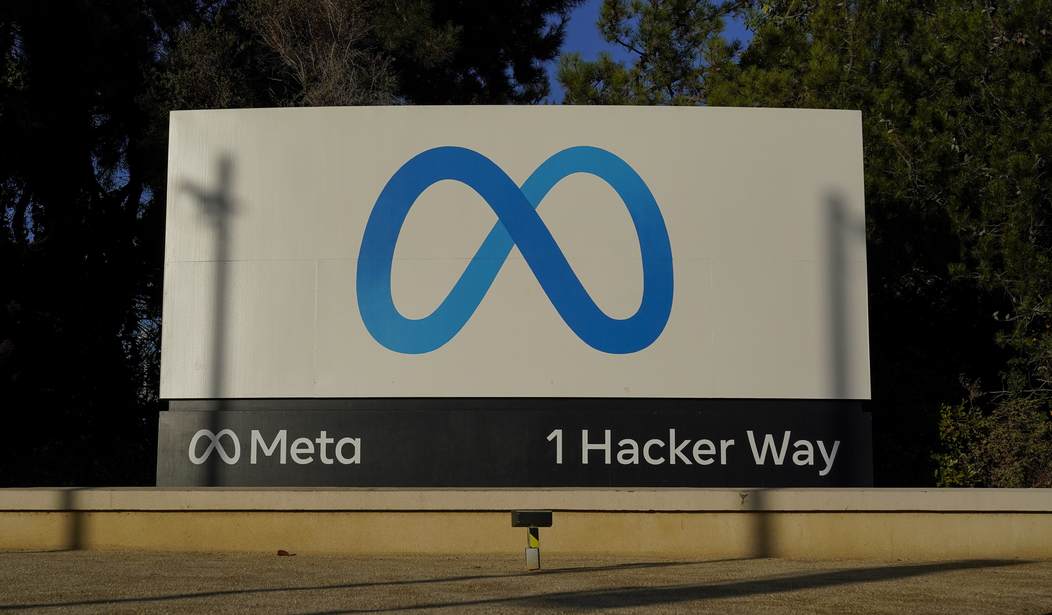A Billion-Dollar Surprise Arrives in Beaver Dam
Wisconsin woke up on the right side of the bed recently when Meta announced plans to build a $1 billion data center in Beaver Dam.
As I constantly complain to my lovely wife, scale matters: 700,000 square feet, over 1,000 construction jobs, more than 100 long-term operation roles, and a facility designed for artificial intelligence workloads and renewable-energy matching.
For a state in a constant fight to keep talented people from leaving for Minneapolis, Chicago, or the coasts, a project of this size feels like a sunrise after a long winter. Native Wisconsin residents understand what opportunity looks like and how it feels when the national spotlight lands on the state for something other than sports or elections.
For many of us Badgers, this feels overdue.
Hope Deserves a Place in the Story
Projects like these lift communities in ways that go far beyond headlines: trade workers gain steady employment, local businesses gain new customers, school districts gain new avenues for partnerships, and young people are given a reason to stay rather than drift towards distant cities.
As a fellow Wisconsinite, I believe we should feel encouraged; our state's workforce has strength, perseverance, and pride. The area around Beaver Dam sits at a useful intersection of population centers, with highways connecting Madison, Milwaukee, and the Fox and Chippewa River valleys. When companies like Meta pick your city, it proves the state still competes for large-scale, future-focused investments.
Before the Celebration Runs Too Far Ahead
Moments such as these rely on optimism and memory: Wisconsin has traveled this road before, and not always with a happy ending. People who lived through the late eighties and early nineties remember the bold promise that surrounded Supercomputer Systems Incorporated (SSI), founded by Steve. S. Chen, after he left Cray. It was an idea that carried genuine excitement, promising to create Wisconsin's version of Silicon Valley.
Unfortunately, the project collapsed within a few years, leaving hundreds without work and shaking entire communities.
The following generation dealt with the Foxconn debacle. Grand speeches predicted an era of high-tech prosperity, but factories never materialized, neighborhoods endured upheaval, and trust evaporated.
These experiences burned lessons into the state's memory. Announcements mislead and ribbon cuttings flatter, but real success comes from follow-through, accountability, and sustained commitment.
Wisconsin Can't Afford Another False Start
Meta's promises include matching renewable energy, restoring wetlands, investing in communities, providing digital-skills training, and partnering with local organizations.
Details such as these matter because they must remain measurable and public. Beaver Dam and Wisconsin must insist that new jobs don't disappear into the void, lost to temporary contracts or distant relocations.
Civic leaders have to demand transparent supply chains, and communities need clear answers to direct questions: Who wins? Who trains? Who builds? And who benefits over decades, not months?
A Chance to Build Something Real
As with most states, Wisconsin gains most when building ecosystems rather than isolated projects. If high schools expand STEM tracks, colleges align certifications with data center operations, and trade programs grow electrical and mechanical specializations, then the Meta campus becomes a foundation rather than a novelty.
With stability comes opportunities for local companies to pursue supplier roles, for students to pursue meaningful careers, and for communities to pursue pride rooted in performance rather than hope.
The Long Memory of a Tech State That Tried Before
People who watched the Steve Chen era unfold learned a painful truth: Brilliant ideas require more than brilliance. (Full disclosure: One of the jobs I held while working to pay for college was cleaning toilets at the SSI facility. Good times! Those ideas need consistency, capital, and planning.
People who watched Foxconn unfold learned another lesson: Big promises mean nothing without execution.
Wisconsin demands better than déjà vu. Our future can't lean on press releases; it must lean on results.
While Meta brings resources, global reach, and a long horizon, Wisconsin brings grit, talent, and a steady work ethic that companies rarely find elsewhere. If both sides meet honestly and, more importantly, with accountability, Beaver Dam can stand as a turning point rather than another headline that fades after reality intrudes.
Final Thoughts
A $1 billion investment in Beaver Dam deserves admiration, hope, and pride. This project gives families a reason to look toward a future shaped by innovation rather than uncertainty.
Yet Wisconsin needs to remember its own story: people saw the potential during the SSI years and believed Foxconn would transform the landscape; each chapter taught caution for a reason.
This is a moment where Wisconsin can win. Success requires vigilance from leaders, engagement from communities, and sustained commitment from Meta. If all those pieces hold, the state will welcome not only a data center, but also the support for it, helping to build a new era of opportunity that outlasts the next news cycle.
For readers who want deep analysis on Wisconsin’s economic development, tech-infrastructure bets, and long-term opportunities, PJ Media VIP offers reporting that goes far beyond the surface. Join now to access full commentary, expert breakdowns, and exclusive insights that help you stay ahead.










Join the conversation as a VIP Member